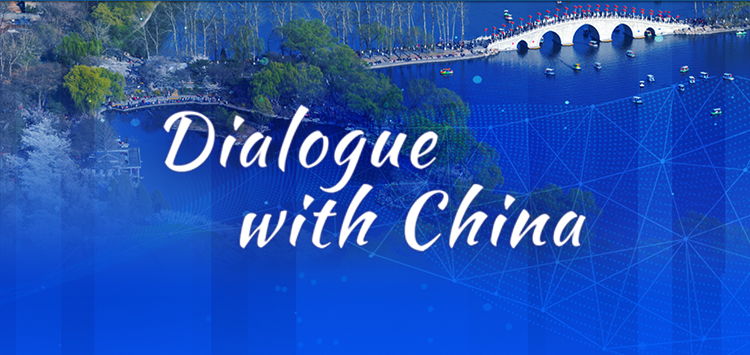
In this episode of "Dialogue with China," let's turn our focus to the harrowing treatment of immigrants in the U.S. Amidst a backdrop of increasingly restrictive policies, immigrants in the country face daunting challenges, including harsh living conditions, family separations, and even the grave risk of death.
The episode scrutinizes the U.S.' stringent measures against immigrants and refugees, such as detentions, deportations, and policies that have sparked widespread criticism for violating human rights. Through expert interview and detailed accounts, we uncover the profound impact of these policies on individuals seeking refuge and the broader implications for America's moral and ethical standing on the global stage.
Presenter: Wang Xiaohui
Producer: Li Xiaohua
Production supervisor: Zhang Liying
Editors: Zhang Heling, Jiao Yuan
Produced by "China's Diplomacy in the New Era" Website
chinadiplomacy.org.cn
With over 44,000 gun-related deaths in 2022 alone, the U.S. faces a deep-seated issue of gun violence. This episode of "Dialogue with China" delves into the history of gun ownership, the political and economic factors that have shaped gun control legislation, and the societal impacts of gun violence in the country.
Featuring expert insights and data analysis, we aim to show why this issue persists and its implications for the society and the international image of the U.S. Join us as we navigate the complexities of gun violence in the U.S., shedding light on a problem that continues to divide the nation.
Presenter: Wang Xiaohui
Producer: Li Xiaohua
Production supervisor: Zhang Liying
Editors: Zhang Heling, Jiao Yuan
Produced by "China's Diplomacy in the New Era" Website
chinadiplomacy.org.cn
The United States has long prided itself on being a champion of human rights, but cases of human trafficking and forced labor expose a dark side within its borders.
This episode of "Dialogue with China" presents the unsettling reality of forced labor in the United States. Varied instances, from the exploitation of immigrant workers to the controversial use of prison labor, stand a stark contradiction to the U.S. declared stance on human rights. With insightful expert analysis and powerful eyewitness accounts, the episode reveals how these practices are woven into the fabric of this nation, challenging established beliefs about labor and liberty in the U.S.
Presenter: Wang Xiaohui
Producer: Li Xiaohua
Production supervisor: Zhang Liying
Editors: Zhang Heling, Jiao Yuan
Produced by "China's Diplomacy in the New Era" Website
chinadiplomacy.org.cn
A decade after Edward Snowden, a former National Security Agency contractor, exposed the U.S. "mass surveillance" program, critics argue that such activities have continued, possibly on an even larger scale.
This episode of "Dialogue with China" delves deep into leaked documents and studies by experts, revealing the extent of U.S. cyber eavesdropping and its impact on international relations and individual freedoms. Watch as we dwell on the U.S. cyberattacks in the name of its national security in the digital era.
Presenter: Wang Xiaohui
Producer: Li Xiaohua
Production supervisor: Zhang Liying
Editors: Zhang Heling, Jiao Yuan
Produced by "China's Diplomacy in the New Era" Website
chinadiplomacy.org.cn
Just over a decade ago, Western culture was so popular in China that many believed that traditional Chinese culture would have little chance to come back. But over the past few years, there has been a real shift, with more and more Chinese embracing their traditional culture.
This episode of "Dialogue with China" explores how young Chinese are revitalizing traditional Chinese culture and redefining their heritage for the modern age. Witness the unique blend of tradition and modernity, where artists ingeniously combine latest technology with classical elements.
Presenter: Wang Xiaohui
Producer: Li Xiaohua
Production supervisor: Zhang Liying
Editors: Zhang Heling, Jiao Yuan
Produced by "China's Diplomacy in the New Era" Website
chinadiplomacy.org.cn
Balancing economic growth with environmental protection is a tough challenge globally. Does a knack exist for cracking the hard nut? China might hold the key.
This episode of "Dialogue with China" illuminates China's green practices, its leadership in renewable energy and its achievements in low-carbon development. Watch it now to uncover how China is harmonizing its rapid economic growth with its environmental sustainability, offering a global roadmap to a greener future.
Presenter: Wang Xiaohui
Producer: Li Xiaohua
Production supervisor: Zhang Liying
Editors: Zhang Heling, Jiao Yuan
Produced by "China's Diplomacy in the New Era" Website
chinadiplomacy.org.cn
The U.S. claims to uphold human rights globally while failing to address racism domestically, revealing its double standards. It merely uses "democracy, human rights and freedom" to disguise its own interests. So, what's behind U.S. hypocrisy and double standards? Why does it often accuse others of violating regional peace? How does it impact regional and global stability? How should the rest of the world respond?
Presenter: Wang Xiaohui
Executive Producer: Yang Xinhua
Producer: Li Xiaohua
Director: Zhang Ruomeng
Editors: Qi Yibin, Zhang Juan
Produced by "China's Diplomacy in the New Era" Website
chinadiplomacy.org.cn
The term "wumao" is often used to describe people who post content online in support of China. The term originates from the myth that regular people get paid "wumao" (50 cents) for each pro-China post they write. However, the label has led to the dismissal of genuine and honest perspectives about China. So, what do people think about this label, and what has been its impact on the Chinese and international communities? Maybe it is high time we stop labeling people as “wumao” and try listening to them, hopefully gaining a more realistic understanding of China.
Presenter: Wang Xiaohui
Executive Producer: Yang Xinhua
Producer: Li Xiaohua
Director: Zhang Ruomeng
Editors: Qi Yibin, Zhang Juan
Produced by "China's Diplomacy in the New Era" Website
chinadiplomacy.org.cn
In recent years, Western media coverage of China's Xinjiang has often been negative due to a lack of information and trust. The reality of Xinjiang is overshadowed by endless outrageous and sensational headlines concerning "human rights." So, what is life actually like in Xinjiang? Why is Western rhetoric concerning Xinjiang always imbued with prejudice and presumption? Join us as we take a closer look at the facts.
Presenter: Wang Xiaohui
Executive Producer: Yang Xinhua
Producer: Li Xiaohua
Director: Zhang Ruomeng
Editors: Qi Yibin, Zhang Juan
Produced by "China's Diplomacy in the New Era" Website
chinadiplomacy.org.cn
The term "Made in China" is no longer associated with poor quality; instead, a new consumer trend is emerging, Guochao. What exactly is Guochao, and how was it developed? Why is Guochao consumption on the rise in China? What makes Gen Z consumers in China embrace this "China chic?" And how will it impact the Chinese market?
Presenter: Wang Xiaohui
Executive Producer: Yang Xinhua
Producer: Li Xiaohua
Director: Zhang Ruomeng
Editors: Qi Yibin, Zhang Juan
Produced by "China's Diplomacy in the New Era" Website
chinadiplomacy.org.cn
China set its target for GDP growth at 5.5% in 2022, but its GDP only expanded by 2.5% in the first half of the year. So, was the target reasonable? What are the challenges and difficulties? What are the main growth drivers of China's economy? Why is this target important for China and the rest of the world?
Presenter: Wang Xiaohui
Executive Producer: Yang Xinhua
Producer: Li Xiaohua
Director: Zhang Ruomeng
Editors: Qi Yibin, Zhang Juan
Produced by "China's Diplomacy in the New Era" Website
chinadiplomacy.org.cn
The dynamic zero-COVID policy is a policy that China, the world's most populous country, has adopted since August 2021 to contain the spread of coronavirus and its variants. Yet some consider it "draconian" and are worried that it may take a toll on the Chinese economy, thus negatively impacting the global economy. Does this policy mean that the goal of the Chinese government is to eliminate all COVID cases on its territory? Does it also suggest that the government is determined to achieve that goal at any cost, including the country's economic development? Does this policy hinder the country's and the world's economic recovery?
Presenter: Wang Xiaohui
Executive Producer: Yang Xinhua
Producer: Li Xiaohua
Director: Zhang Ruomeng
Editors: Qi Yibin, Zhang Juan
Produced by "China's Diplomacy in the New Era" Website
chinadiplomacy.org.cn
The sparkle of American education is dimming in China. For Chinese students, the U.S. was once their most preferred destination for studying abroad. However, according to an educational survey conducted by the data firm Statista between January and February 2021, the U.S. lost desirability in the recent five years. Instead, the U.K. and several Asian destinations attracted more Chinese students. What's behind this?
Presenter: Wang Xiaohui
Executive Producer: Yang Xinhua
Producer: Li Xiaohua
Editors: Jiang Xinyu, Qi Yibin, Zhang Juan, Jiao Yuan, Dong Jiawen, Shi Chang
Produced by "China's Diplomacy in the New Era" Website
chinadiplomacy.org.cn
Some Western media outlets have accused Chinese diplomats of conducting "wolf warrior diplomacy" by taking an increasingly strident stance against the West. How then should China speak up for itself? How can China justify itself?
Presenter: Wang Xiaohui
Executive Producer: Yang Xinhua
Producer: Li Xiaohua
Editors: Jiang Xinyu, Qi Yibin, Zhang Juan, Jiao Yuan, Dong Jiawen, Shi Chang
Produced by "China's Diplomacy in the New Era" Website
chinadiplomacy.org.cn
A survey conducted by the Morning Consult in April 2021 indicated that only 17% of Chinese people held positive views of the U.S., while 74% viewed the U.S. negatively. Moreover, the intense bilateral relations, the trade war on China, the anti-China policies, and the U.S.' performance in the pandemic have worsened the situation.
Many Chinese people would rather live in China than the U.S. A key factor is that China provides a safe environment with which no other country can compare.
On top of that, the convenient lifestyle, the green environment, the tasty but inexpensive food, and the diverse and inclusive culture make China a lovely country to live in, not only for Chinese but also for friends from every corner of the world.
Presenter: Wang Xiaohui
Executive Producer: Yang Xinhua
Producer: Li Xiaohua
Editors: Jiang Xinyu, Zhang Ruomeng, Qi Yibin, Zhang Juan, Jiao Yuan, Dong Jiawen, Shi Chang
Produced by "China's Diplomacy in the New Era" Website
chinadiplomacy.org.cn
For some foreigners, when it comes to China, several words would pop into their minds such as, "fake," "polluted," and "poverty." Such prejudice has created a stereotype of China that some Western media are dedicated to perpetuating. But is it the truth about China? How much do they know about China? These street interviews of foreigners living in China and Chinese people will challenge the Western preconceptions of China.
Modern China, a land of opportunity and innovation, is not fully understood by the international community. The large-scale infrastructure projects, the improving environment, and cutting-edge technology all testify to China's remarkable progress in the past decades.
Presenter: Wang Xiaohui
Executive Producer: Yang Xinhua
Producer: Li Xiaohua
Editors: Jiang Xinyu, Zhang Ruomeng, Qi Yibin, Zhang Juan, Jiao Yuan, Dong Jiawen, Shi Chang
Produced by "China's Diplomacy in the New Era" Website
chinadiplomacy.org.cn
Is China really an existential threat to the U.S.? Will the tech war between China and the U.S. intensify? Is China's Belt and Road Initiative a policy of "debt-trap diplomacy?" How do ordinary people in Western countries feel about China? Let's hear what Andy Mok, a senior research fellow at the Center for China & Globalization (CCG), says.
Presenter: Wang Xiaohui
Executive Producer: Yang Xinhua
Producer: Li Xiaohua
Directors: Zhong Lei, Li Shengnan
Camera/Video Editor: Guo Letian
Editor: Zhang Juan
Produced by "China's Diplomacy in the New Era" Website
chinadiplomacy.org.cn
According to the World Bank, over the past 40 years, China has lifted more than 850 million people out of poverty, accounting for more than 70% of global poverty reduction. At present, the world faces the combined impacts of changes unseen in a century and the COVID-19 pandemic. Under such circumstances, what measures did China take to achieve poverty alleviation? What challenges is China facing now? Are China's poverty reduction approaches applicable to other countries? Let's hear what David Blair, vice president and senior economist at the Center for China and Globalization (CCG), says.
Presenter: Wang Xiaohui
Executive Producer: Yang Xinhua
Producer: Li Xiaohua
Directors: Zhong Lei, Li Shengnan
Camera/Video Editor: Guo Letian
Editor: Zhang Juan
Produced by "China's Diplomacy in the New Era" Website
chinadiplomacy.org.cn
COVID-19 continued to rage across the globe throughout the year, and the world's challenges remain grave. What is the difference between the pandemic prevention & control of China and that of the West? How should countries cooperate in fighting against the coronavirus? Will the pandemic affect China's economic development and the process of globalization? Let's hear what Einar Tangen, a current affairs commentator, says.
Presenter: Wang Xiaohui
Executive Producer: Yang Xinhua
Producer: Li Xiaohua
Directors: Zhong Lei, Li Shengnan
Camera/Video Editor: Guo Letian
Editor: Zhang Juan
Produced by "China's Diplomacy in the New Era" Website
chinadiplomacy.org.cn
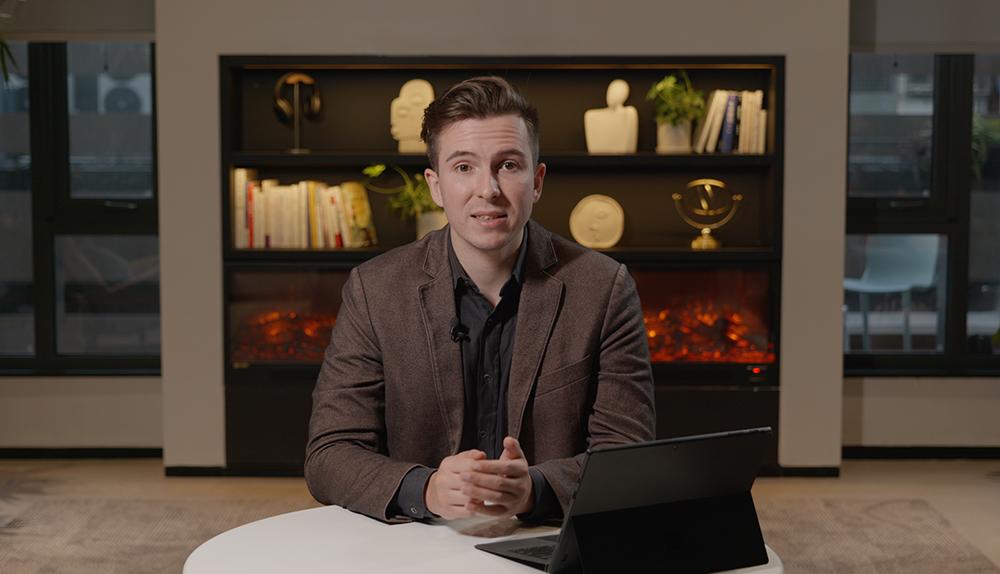
Dialogue with China | The Truth and Facts of the US Human Rights Abuse Against Immigrants and Refugees

Dialogue with China | Understanding Gun Violence in the US

Dialogue with China | Forced Labor in the US Exposes Its Dark Side

Dialogue with China | Unveiling the Secrets of the US 'Empire of Hacking'
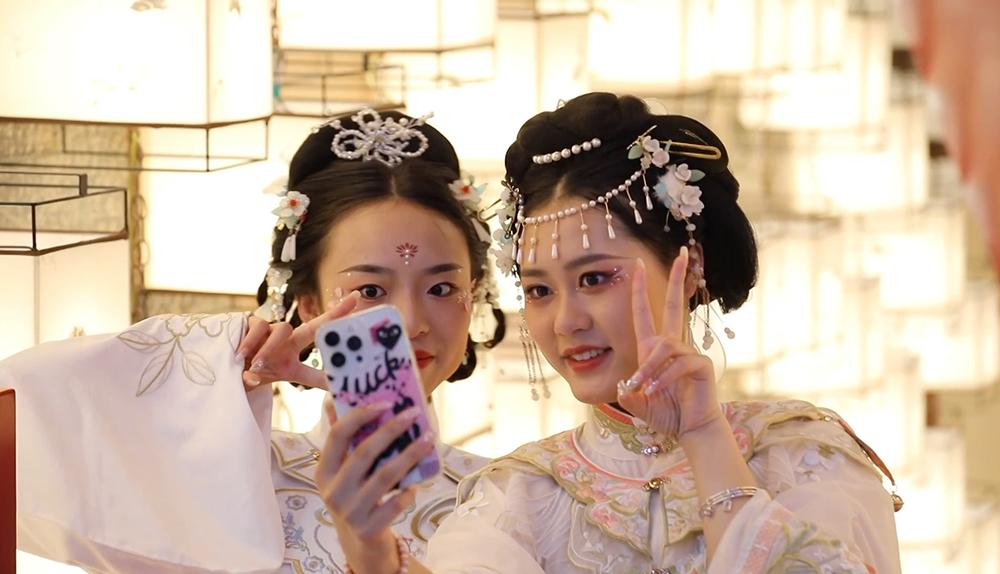
Dialogue with China | Traditional Chinese Culture Revives with Modern Expression
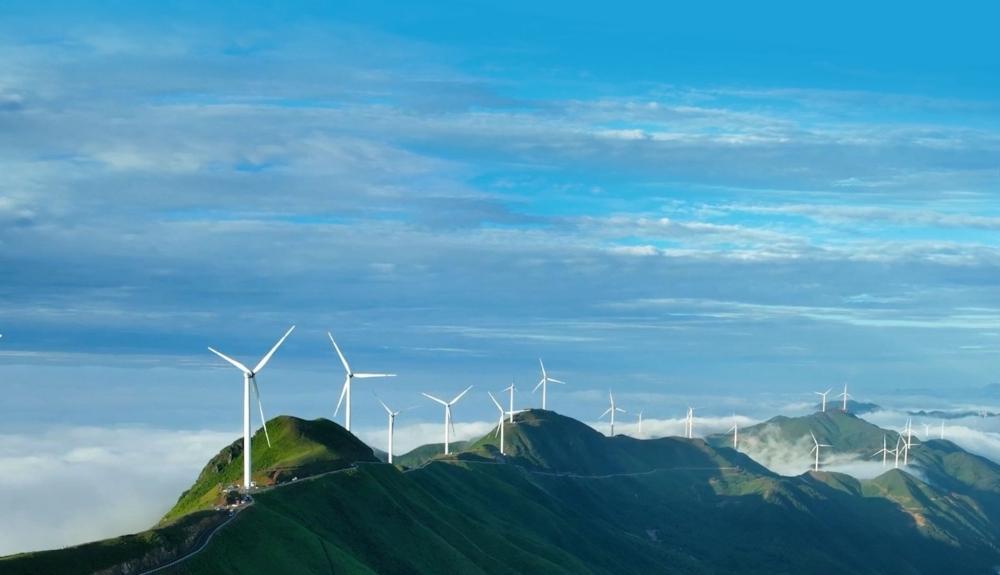
Dialogue with China | Ecology or Economy? China Achieves Both

Dialogue with China | What's behind US double standards?
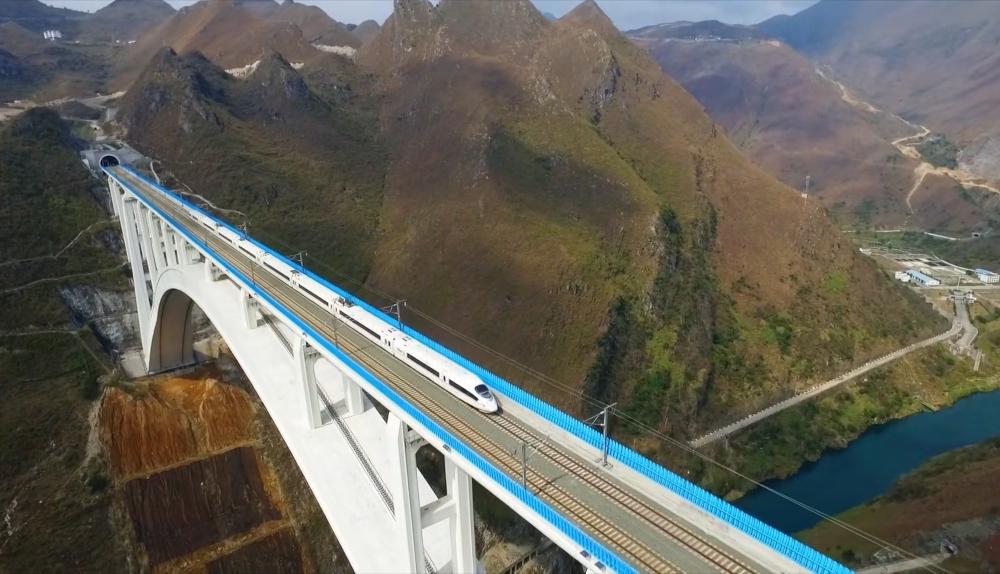
Dialogue with China | Social media myths about China: I am not a 'wumao'

Dialogue with China | A new look at Xinjiang
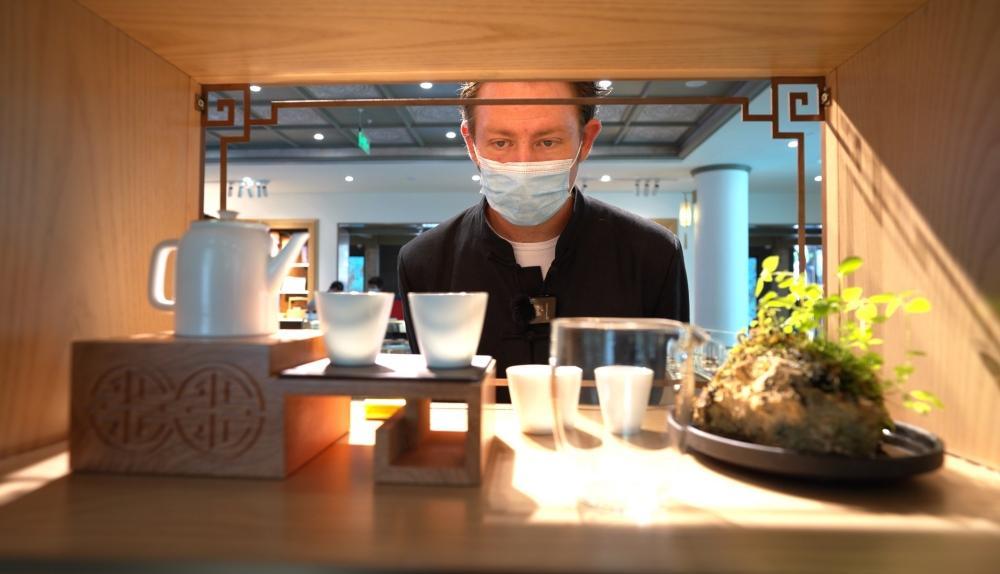
Dialogue with China | Embracing Chinese fashion trends

Dialogue with China | Can China reach its goal of 5.5% GDP growth?
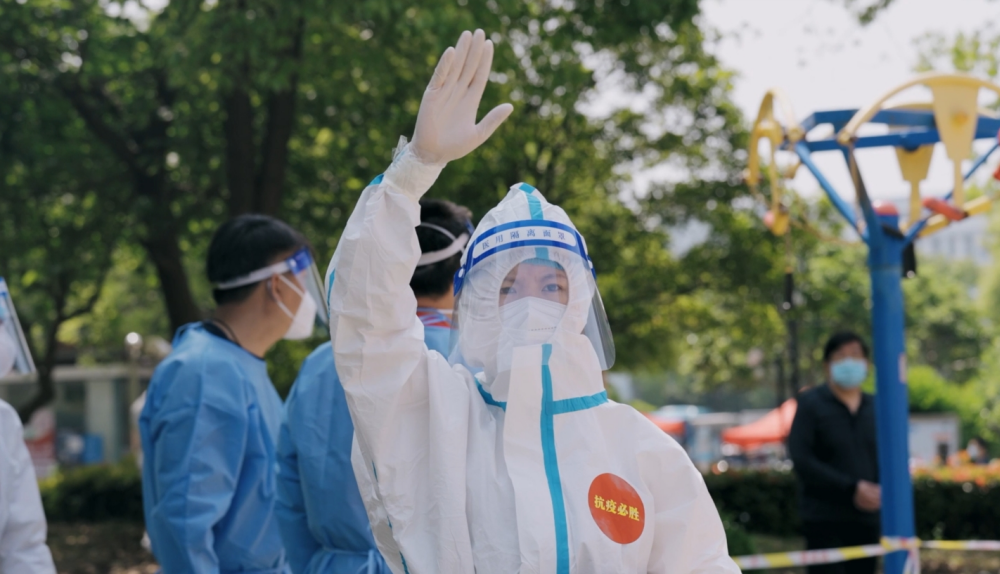
Dialogue with China | What's the logic behind China's dynamic zero-COVID policy?
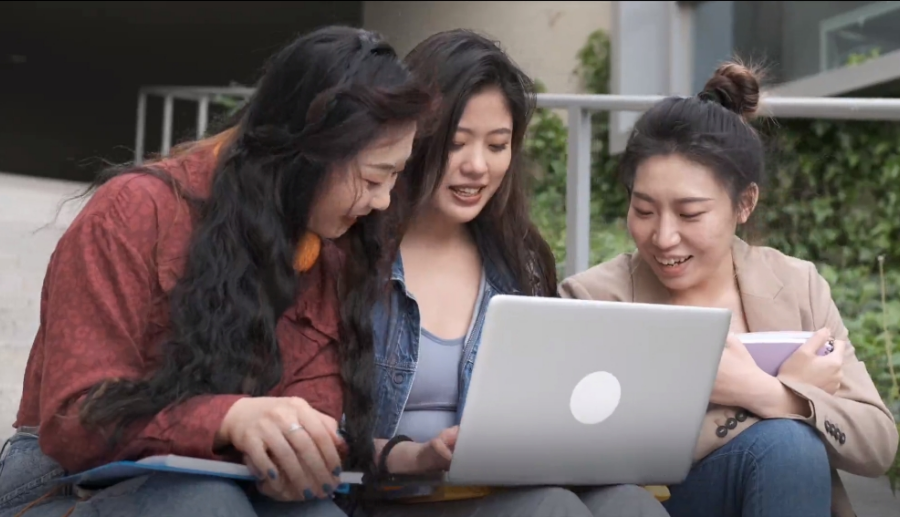
Dialogue with China | Is the sparkle of American education dimming in China?
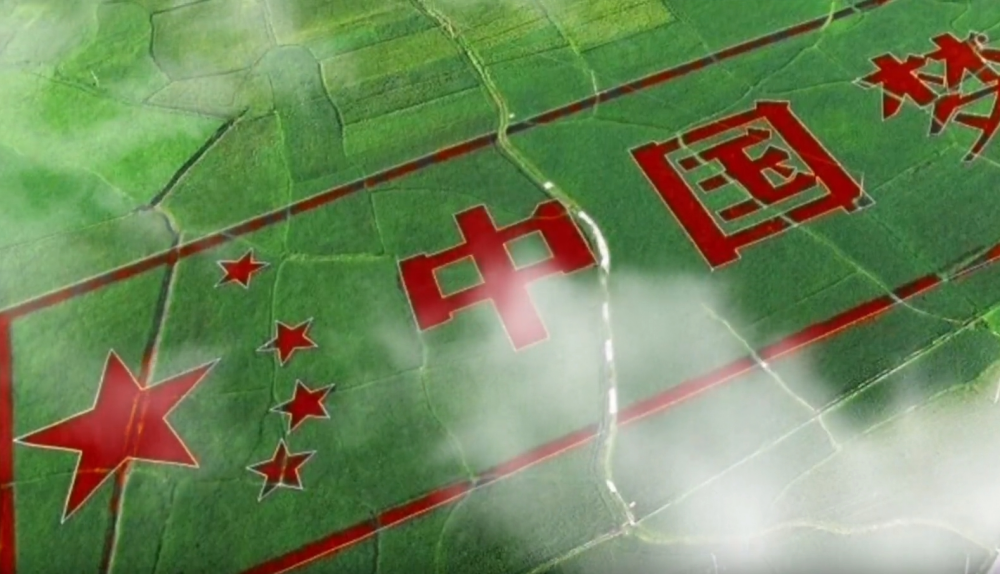
Dialogue with China | 'Wolf warrior diplomacy' is a discourse trap tailor-made for China

Dialogue with China | Would you rather live in China or the US?

Dialogue with China | China: Seeing is believing

Dialogue with China | Is China a threat to the world?

Dialogue with China | What has China done to alleviate poverty?

Dialogue with China | Is the world winning the fight against the pandemic?

 中文
中文
